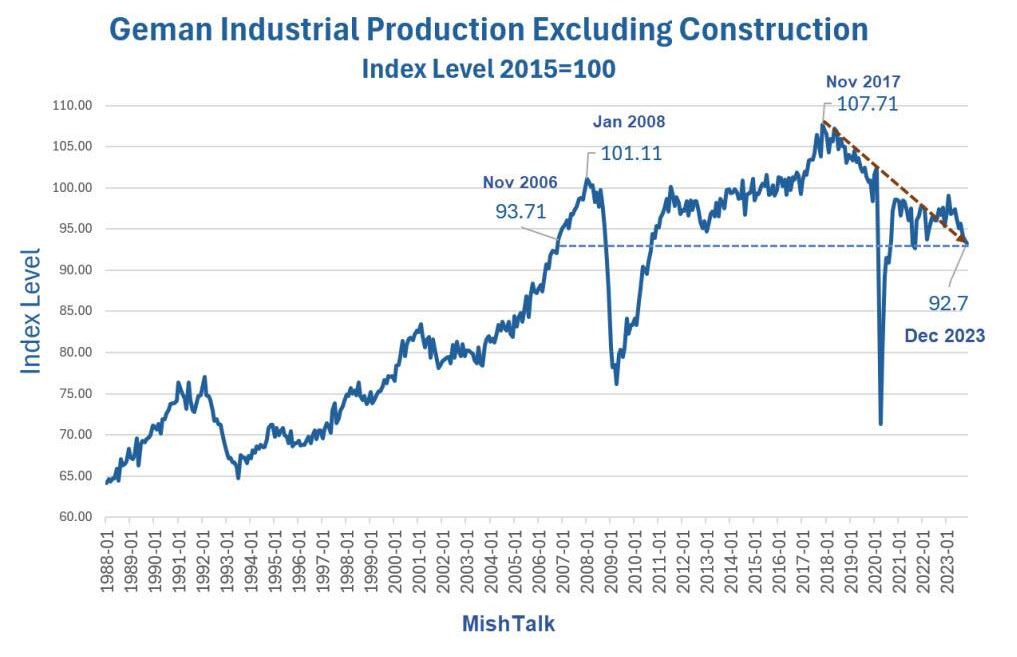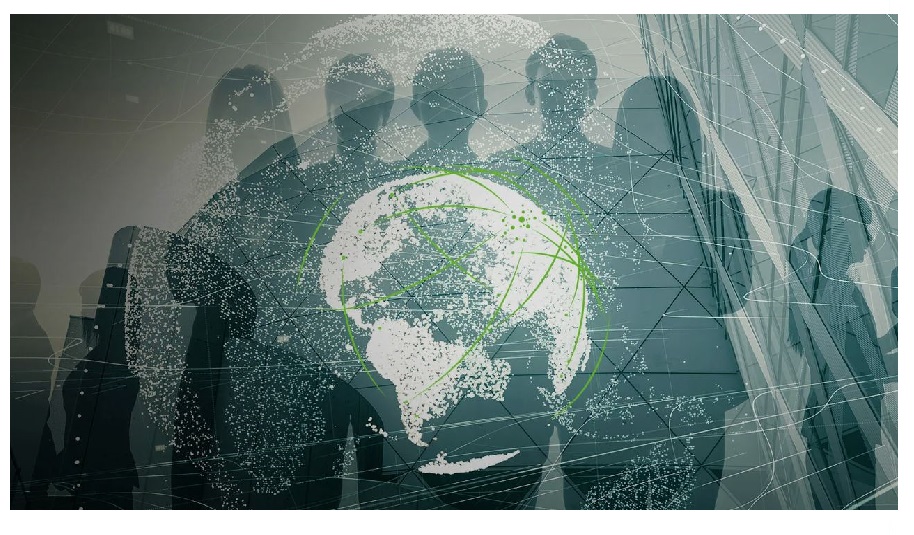News
March 5, 2024
Humans have driven the Earth’s freshwater cycle out of its stable state. New analysis shows that the global freshwater cycle has shifted far beyond pre-industrial conditions. A new analysis of freshwater resources across the globe shows that human activity has pushed variation in the planet’s freshwater cycle well outside of its pre-industrial range.
March 4, 2024
On May 21-23, 2024, the MINGEO SIBERIA 2024 forum will be held in Krasnoyarsk. This is a unique platform for the exchange of experience and broad discussion by participants of the problems of subsoil use in Russia and in the world, familiarization of the staff of mining and exploration companies with modern innovative technologies in the mining business, with changes in domestic legislation.
March 3,2024
Russia may withdraw from the Arctic Council after it suspended the payment of contributions due to the ongoing sabotage of its work by the Western members, then the collapse of this organization is likely to be unnecessary. Alexander Sergunin, Doctor of Political Sciences, Professor of the Faculty of International Relations of St. Petersburg State University (St. Petersburg State University), said this during his visit to New Delhi. He recalled that Russia was the largest contributor to the Arctic Council until 2022.
February 21, 2024
Germany's Industrial Superpower Days Are Over, A Green "Victory". German Industrial production peaked in November of 2017. Germany’s IP has since fallen to a level first seen in 2006.
Bloomberg reports Germany’s Days as an Industrial Superpower Are Coming to an End

February 20, 2024
Study shows methane emissions from wetlands increase significantly over high latitudes. Wetlands are Earth's largest natural source of methane, a potent greenhouse gas that is about 30 times more powerful than carbon dioxide at warming the atmosphere. A research team from the Department of Energy's Lawrence Berkeley National Laboratory (Berkeley Lab) analyzed wetland methane emissions data across the entire Boreal-Arctic region and found that these emissions have increased by approximately 9% since 2002.
February 14, 2024
Russia has suspended the payment of annual contributions to the Arctic Council. The officials in the Ministry of Foreign Affairs (MFA) of the RF told this to RIA Novosti Agency. It is noted that the payment is suspended until the resumption of practical work in this format with the participation of all member states. The ministry officials added that Moscow may consider withdrawing from this organization, but at the moment, they are not considering it.
February 14, 2024
Kiev deliberately allowed the spill of oil products into the rivers of the Kharkiv oblast after the strike of the Armed Forces of the RF on February 9 at a military facility of the Ukrainian Armed Forces (UAF). The Ukrainian military-political officials plan to blame Russia for the environmental damage, military expert, retired Lt. Col. Andrey Marochko told RIA Novosti.
February 7, 2024
Pollution risks worsening global water scarcity. Water scarcity could affect three billion more people than previously expected by mid-century, with increased pollution rendering river sources "unsafe" for humans and wildlife, researchers warned Tuesday.
The UN's climate science panel has said that around half the world's population currently faces severe water scarcity for at least a month a year and warned that global warming impacts and rising demand are key risks to global supply.
February 6, 2024
Permafrost alone holds back Arctic rivers—and a lot of carbon. New research from Dartmouth College provides the first evidence that the Arctic's frozen soil is the dominant force shaping Earth's northernmost rivers.
January 31, 2024
The EU is shifting its spending priorities from greening the economy to investing in defence, as the bloc faces backlash over climate regulation and grapples with war in Ukraine. Faced with tightening national budgets, member states have reduced a common fund designed to spur innovation in the bloc from €10bn to €1.5bn — and have ensured that it can only be used for defence-related projects, not green technology or other climate-related investments.
